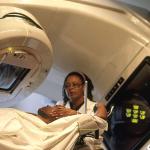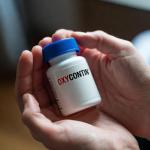Join Cameron English and Dr. Chuck Dinerstein on Episode 158 of the Science Dispatch podcast as they discuss:
Podcasts
Join Cameron English and Dr. Chuck Dinerstein on Episode 157 of the Science Dispatch podcast as they discuss:
Join Cameron English and Dr. Chuck Dinerstein on Episode 156 of the Science Dispatch podcast as they discuss:
Join Cameron English and Dr. Chuck Dinerstein on Episode 155 of the Science Dispatch podcast as they discuss:
Join Cameron English and Dr. Chuck Dinerstein on Episode 154 of the Science Dispatch podcast as they discuss:
Join Cameron English and Dr. Chuck Dinerstein on Episode 153 of the Science Dispatch podcast as they discuss:
Join Cameron English and Dr. Chuck Dinerstein on Episode 152 of the Science Dispatch podcast as they discuss:
Join Cameron English and Dr. Chuck Dinerstein on Episode 151 of the Science Dispatch podcast as they discuss:
Join Cameron English and Dr. Chuck Dinerstein on Episode 150 of the Science Dispatch podcast as they discuss:
Join Cameron English, Dr. Chuck Dinerstein and Dr. Josh Bloom on Episode 149 of the Science Dispatch podcast as they discuss:












